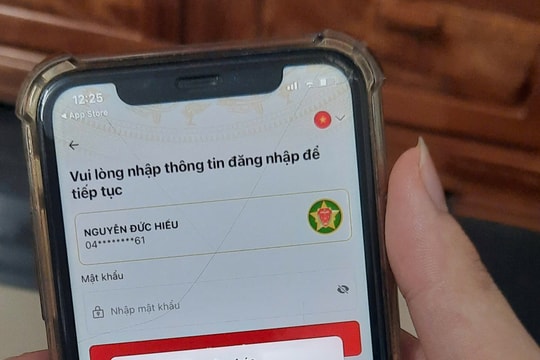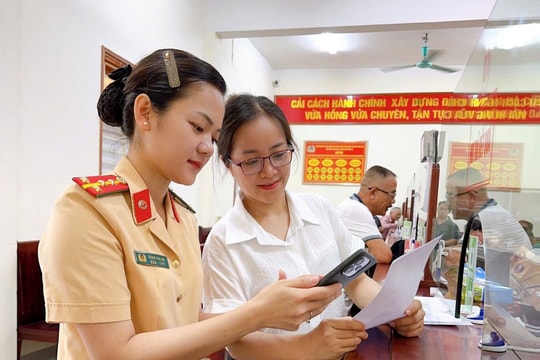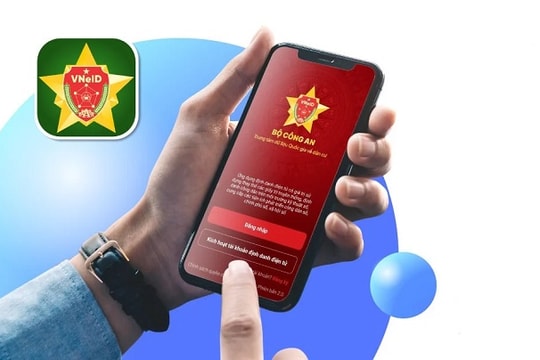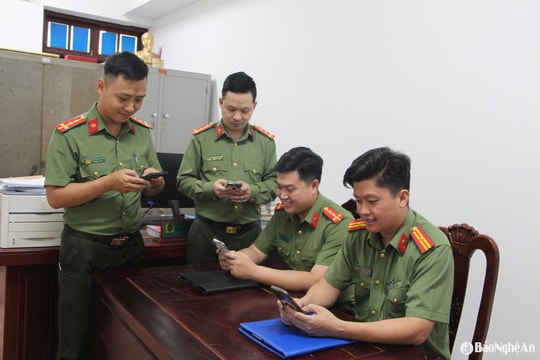Warning: Showing off updated commune name photos on VNeID can reveal personal information
Many users, after being updated with new administrative locations on VNeID, took photos to show off on social networks. However, experts warn that this action can unintentionally reveal personal information.
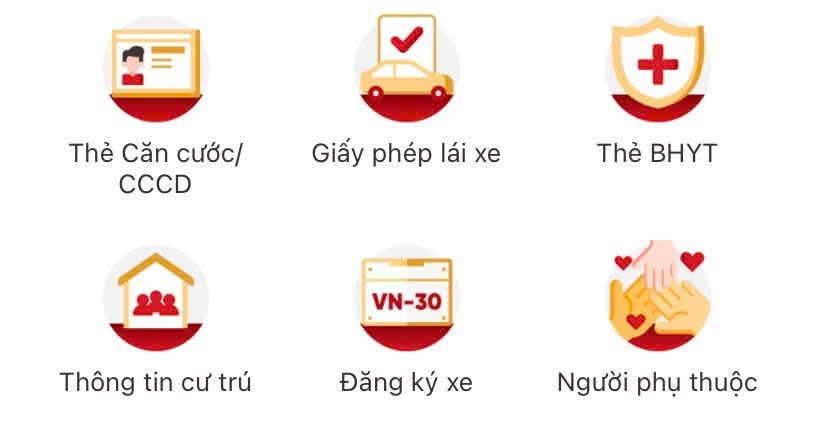
From July 1, 2025, many localities across the country officially merged and renamed administrative units according to the Resolutions of the National Assembly Standing Committee. New information such as commune, ward and town names were also quickly updated on the VNeID electronic identification application.
Immediately after that, many users were excited to see the new address appear on the application. On social networks, many posts shared screenshots of the VNeID interface with new information, along with comments: "I saw the new commune name", "Going back to the correct name of the new hometown!"...
However, according to warnings from cybersecurity experts, posting photos of the VNeID interface without covering the information can cause users to accidentally reveal their full name, date of birth, CCCD number, permanent address, personal identification code... This is sensitive data, if exploited by bad guys, it can lead to fraudulent behavior,fake identity
In the digital age, personal data is considered a "gold mine" for scammers. In fact, there have been many cases of identity fraud to borrow money online, debt collection calls even though they have never registered for a loan, or bank accounts being taken over just because personal information was leaked from photos or online forms.
In addition to being impersonated for credit loans, users can also have their social media accounts hacked, which contain a lot of data, images, friends, and even linked bank card information. Many victims, just because the QR code on the VNeID photo was exposed, had their Zalo and Facebook accounts hijacked and were scammed of money from friends.
Mr. Vu Ngoc Son - Head of Technology Research Department, National Cyber Security Association said that users' enthusiasm in sharing citizen identification card images on social networks after being updated about their new permanent residence according to new administrative boundaries could potentially pose a risk of personal information leakage.
Mr. Vu Ngoc Son also recommends absolutely not posting photos of ID cards, driver's licenses, bank cards, etc. online. Cover up information such as ID numbers, addresses, and QR codes. At the same time, you should carefully check your privacy when posting and always be vigilant for unusual contacts after information is leaked.
How to protect personal information when using VNeID
Faced with the above situation, the Department of Administrative Police for Social Order (C06, Ministry of Public Security) and security experts recommend that people should take the following measures:
Do not share VNeID photos publicly
If you need to share, please obscure important parts: Full name, ID number, identification code, QR code, address, date of birth.
VNeID application security settings
Set PIN, biometrics (fingerprint or face) to open the app.
Do not lend your phone to others while VNeID is open.
Never send your ID card photo to strangers.
Even if someone claims to be from the police, a bank or a support agency – check the source carefully.
Beware of strange messages and calls
When someone knows your personal information, don't be complacent - your data may have been leaked.
People need to raise awareness about personal information security, especially in the context of increasingly sophisticated high-tech crimes. A carelessly shared photo can lead to serious troubles.

